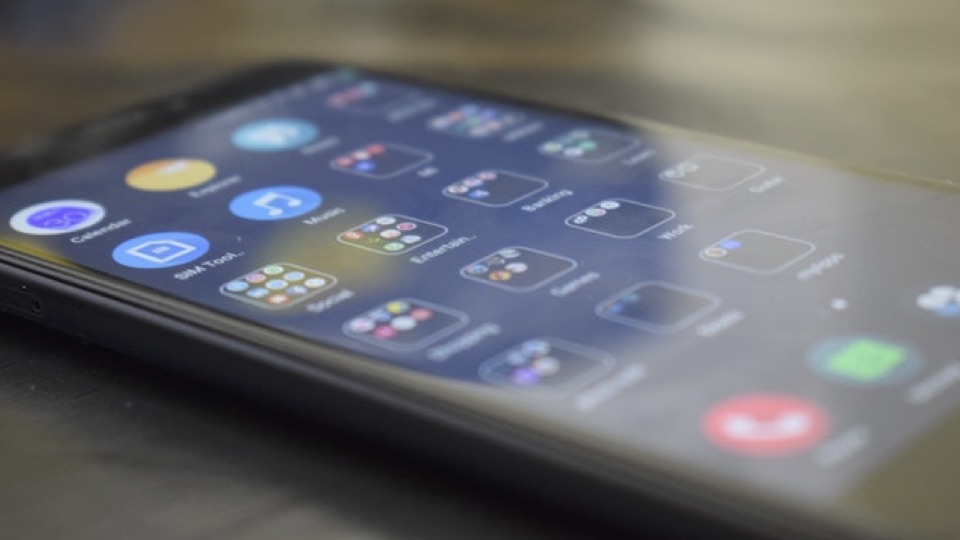Striving to be better and improve the quality of your life is a part of human nature, but can you go too far in “optimizing” yourself? Today’s technology is designed to help us stay on the right track, both physically and mentally, and there are numerous gadgets that monitor our progress and even give suggestions related to specific areas that need improvement. These devices are becoming increasingly popular, and for some people, they’re an integral part of their daily lives, but following their advice blindly can cause more harm than help.
The Need for Self-Improvement
Why are we so obsessed with self-improvement? Speaking for Deutsche Welle, German psychologist Judith Mangelsdorf explained that humans have an inherent need to change and evolve, but she differentiates between the terms self-improvement and self-optimization. While self-improvement relates to the human need for progress and development, self-optimization has to do with reaching a certain goal you have set for yourself, and it’s associated with self-value.
Other psychologists believe that relentless pursuit for ways to optimize yourself can harm your self-value and make you less happy. According to Danish psychologist Svend Brinkmann, the self-improvement craze is a never-ending process that will never make us feel content or satisfied with who we are because we are constantly under pressure to strive for more. He also states that being so consumed with self-optimization causes people to focus only on themselves and inhibits their ability to connect with others.
Related: “Why Reading Should Be Part of Your Day”
Physical and Mental Self-Help
Thanks to technological development, we can track our physical wellbeing using various apps on our phones. For example, one of my friends uses Samsung Health, an app that counts how many steps you make each day and allows you to set daily goals in order to motivate you to stay active and walk more. Other apps can help you exercise regularly, and offer various training programs and tips, depending on your workout needs. Whether you want to eat healthier, get enough sleep, or reduce your stress levels—there’s an app that can help you achieve that.
In addition to physical health, there are also gadgets that track your mental wellbeing. Take, for example, Dailyo—an app that functions as a diary. You tell the app how you’re feeling at a certain moment, and it analyzes the information you provide to make conclusions about your mental health. Apps like AI-assisted Youper go a step further and provide therapy exercises designed to improve your mental health, specifically issues such as anxiety, depression, and PTSD. You start by completing its mental health checkup, which allows Youper to create personalized exercises to fit your needs. After that, you’ll have conversations with its artificial intelligence that takes on the role of a therapist and guides you through the process. You can talk to Youper whenever you want and perform monthly checkups to help monitor your progress.
Apart from the apps, you can use wearables—smart mood trackers that are often in the form of wristbands or headbands and which turn physical information into mood-related data. Some wristbands are designed to measure blood pressure through sweat and translate the information into emotional patterns, so that they recognize the emotion when it appears again and suggest mindfulness exercises if required. Some headbands measure brain activity and translate data into emotional patterns, while others can recognize emotions based on a user’s voice.
Imperfect Operation
While these devices are “smart,” human emotions are complex, and it’s questionable how successful the gadgets are in their analysis. One of my friends who uses Youper says she has mixed feelings about the app. According to her experience, the AI can be quite helpful in showing you how to deal with certain situations, but it can also give pretty generic answers that aren’t very useful. Also, apps only record your mood when you’re actively using it and don’t account for the time in between, so they can’t provide a completely accurate picture of your mental and emotional state. While some of the trackers claim that they can help treat conditions such as depression and PTSD, can they really do that without human assistance? They can certainly be a good starting point, but you can’t rely on them to single-handedly solve all your problems.
Then there’s the issue of privacy. When you agree to use many of these apps, you also agree to share your personal information that, in addition to your eating, sleeping, and exercising habits, also includes your location. While the collected data can be used for health-related research, you can’t exactly be sure how the data is handled, and many people are not comfortable giving that amount of personal information to a private company.
Effective or Not?
As to whether there is scientific proof that health apps and mood trackers work, Mangelsdorf says—not yet. While they do have an impact on people’s motivation (my friend is now committed to taking at least 6000 steps per day), there is no data to show how many actually follow the suggestions. She emphasizes that even if you use mood trackers, you can’t grant them full control over your physical and mental condition. They can serve as guidelines to help you become more aware of your issues and needs, but you shouldn’t take their advice too seriously. These devices can’t cater to every individual need of their users, so it’s important to be able to recognize whether a suggestion is helpful to you or not. In other words, you can use the app, but you should always question its advice before you decide to take it.
-Ana Marković
Photo by Amarnath Radhakrishnan from Pexels



0 comments on “How Healthy is “Self-Optimization”?”